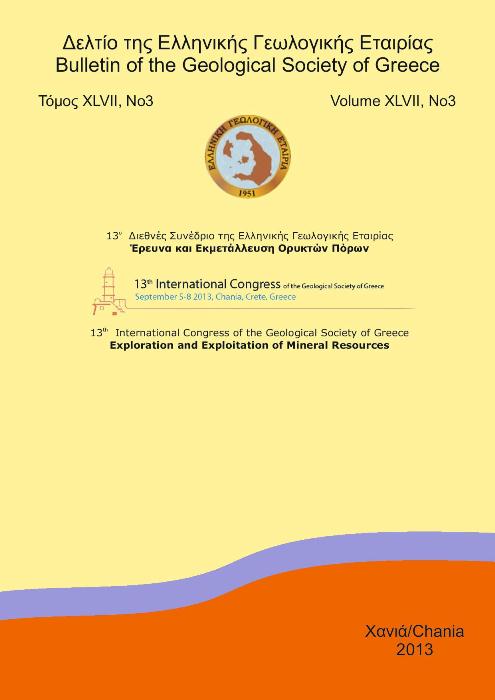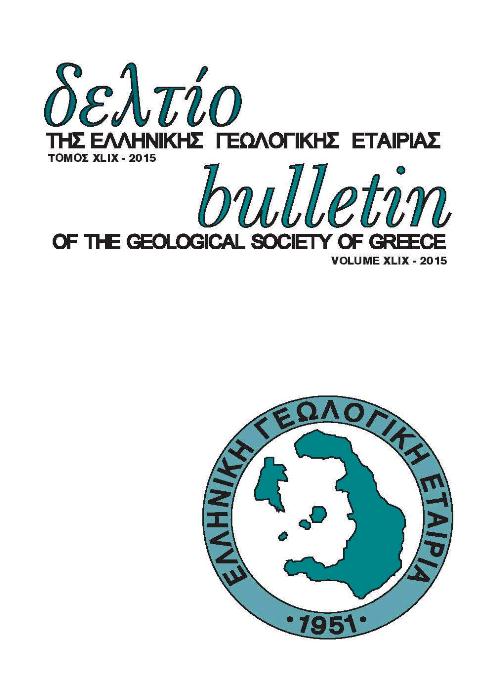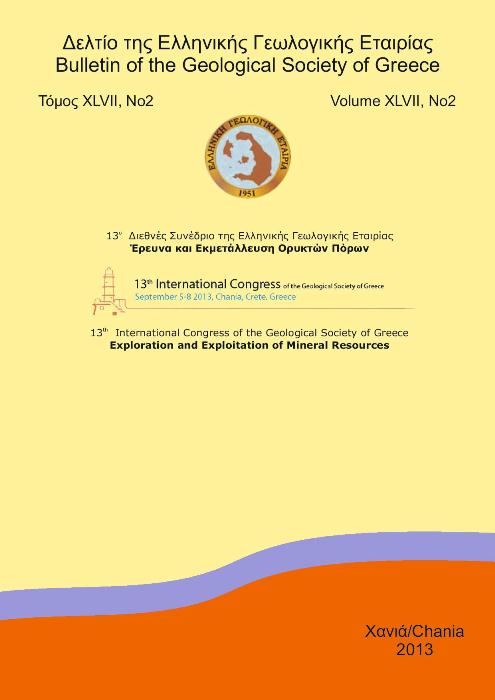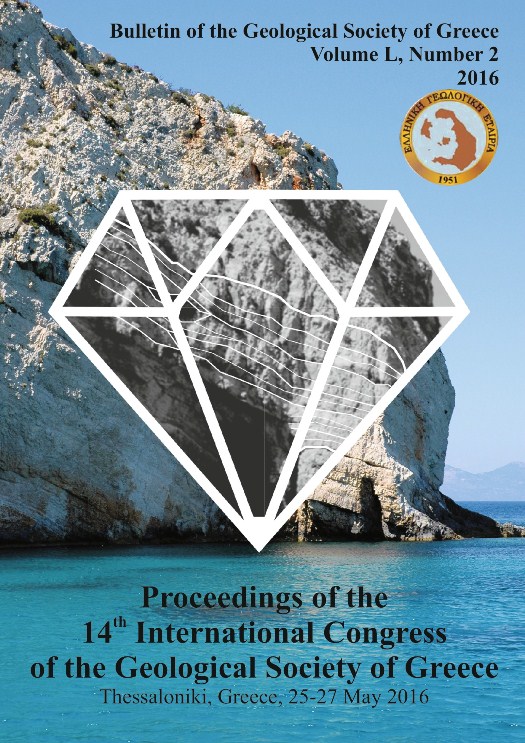The value of geological data, information and knowledge in producing landslide susceptibility maps.

Abstract
The paper attempts to illustrate the value of Geological data, information and knowledge in studies that investigate landslide phenomena and how this is reflected in the production of landslide susceptibility maps. In particular, the concepts of data, information, knowledge and wisdom are defined and also the process of converting data into information and information into knowledge. The presented study continuous with a summary that introduces landslide phenomena and the available techniques and methods for identifying and classifying these natural phenomena. It describes the significance of landslide analysis and how this process is essential in order to orient intelligence decisions regarding strategies for regional and urban development. The susceptibility maps that are considered as the outcomes of the over mentioned process, reflects the Geological Knowledge that has been produced by involving expert knowledge and processing data.
Article Details
- How to Cite
-
Tsangaratos, P., & Koumantakis, I. (2013). The value of geological data, information and knowledge in producing landslide susceptibility maps. Bulletin of the Geological Society of Greece, 47(3), 1529–1538. https://doi.org/10.12681/bgsg.10992
- Section
- Remote Sensing and GIS

This work is licensed under a Creative Commons Attribution-NonCommercial 4.0 International License.
Authors who publish with this journal agree to the following terms:
Authors retain copyright and grant the journal right of first publication with the work simultaneously licensed under a Creative Commons Attribution Non-Commercial License that allows others to share the work with an acknowledgement of the work's authorship and initial publication in this journal.
Authors are able to enter into separate, additional contractual arrangements for the non-exclusive distribution of the journal's published version of the work (e.g. post it to an institutional repository or publish it in a book), with an acknowledgement of its initial publication in this journal. Authors are permitted and encouraged to post their work online (preferably in institutional repositories or on their website) prior to and during the submission process, as it can lead to productive exchanges, as well as earlier and greater citation of published work.







